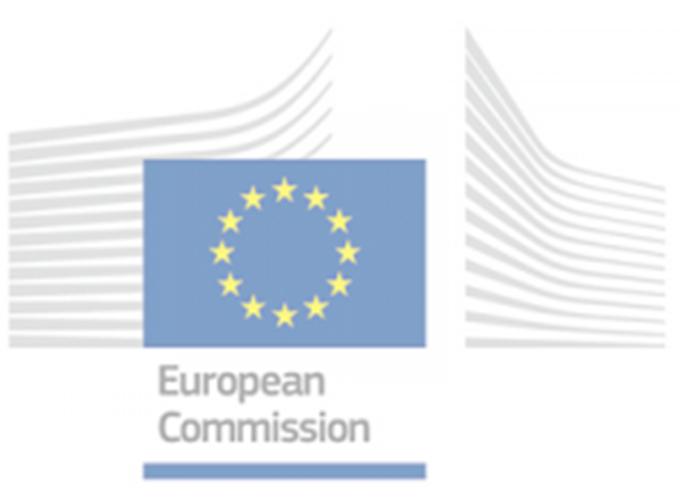
UBITECH hosted the kick-off meeting for the CASTOR Innovation Action. The meeting, held in Athens on October 16-17, 2024, officially marked the start of the project which commenced on October 1st, 2024. CASTOR, funded by the European Commission (Grant Agreement No. 101167904), will run for three years, from October 2024 to September 2027, aiming to revolutionize the realm of trustworthy communication across computing environments. CASTOR’s mission is to develop and implement a robust framework for a “Continuum of Trust” that enhances path agility and ensures trustworthy provisioning of devices and services across distributed networks.
By translating user-expressed high-level requirements into specific security and network resource needs—referred to as CASTOR policies—the project will enforce these policies across hardware and software infrastructure to create optimized, trusted communication paths. The CASTOR project focuses on solving previously unmet needs in distributed computing systems through the introduction of groundbreaking innovations. These include: Composable Attestation: Distributed verification of the trustworthiness of computing nodes, allowing for adaptive trust quantification across the computing continuum; Optimal Path Calculation: Joint computation of trust properties and network resources to derive the best communication path; Vendor-agnostic Trusted Path Establishment: Seamlessly crossing different administrative domains to establish secure, trustworthy paths.
As the coordinator of the CASTOR project, UBITECH oversees both the administrative and scientific-technical management. UBITECH leads the design and development of the CASTOR framework, which aims to integrate trust into computing continuum ecosystems and enable secure, trusted communication paths. Key areas of UBITECH’s leadership in CASTOR include:
– CASTOR Reference Architecture: UBITECH spearheads the development of a secure “Chip-to-Cloud” continuum architecture, working with partners such as NVIDIA, SURREY, and ORO to define functional components for the trusted orchestration of services across platforms.
– Composable and Formally Verified System Attestation: UBITECH leads the efforts to implement advanced system attestation mechanisms to validate the security of devices and services, utilizing Zero-Trust computing principles and novel cryptographic methods.
– Dynamic & Federated Trust Assessment: UBITECH is at the forefront of developing the CASTOR Trust Assessment Framework, leveraging Subjective Logic and Zero Trust principles to continuously evaluate and quantify trust across the computing continuum.
Through the CASTOR project, UBITECH and its consortium partners are poised to reshape the future of distributed digital services by creating a comprehensive solution for secure and efficient communication paths across diverse infrastructures. The project’s innovative framework promises to improve the security posture of connected devices and services, ensuring that trustworthiness and compliance with Service Level Agreements (SSLAs) are maintained at every level.



